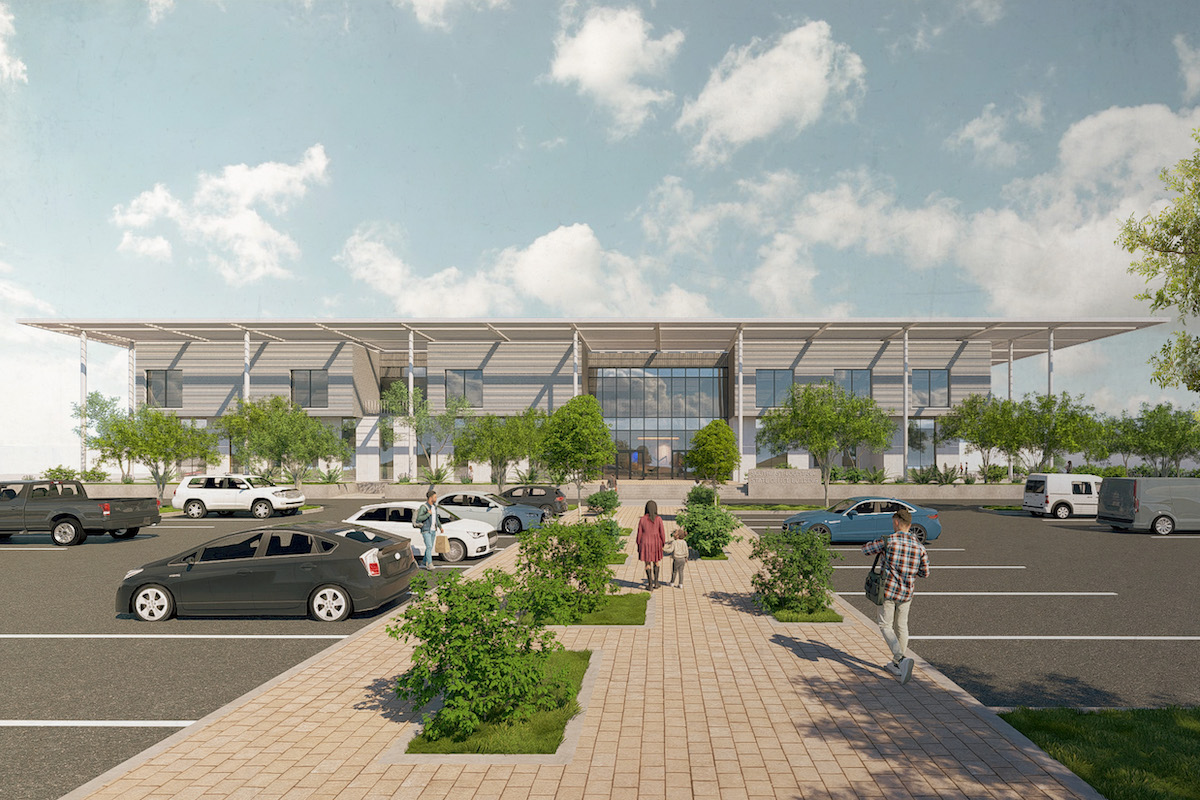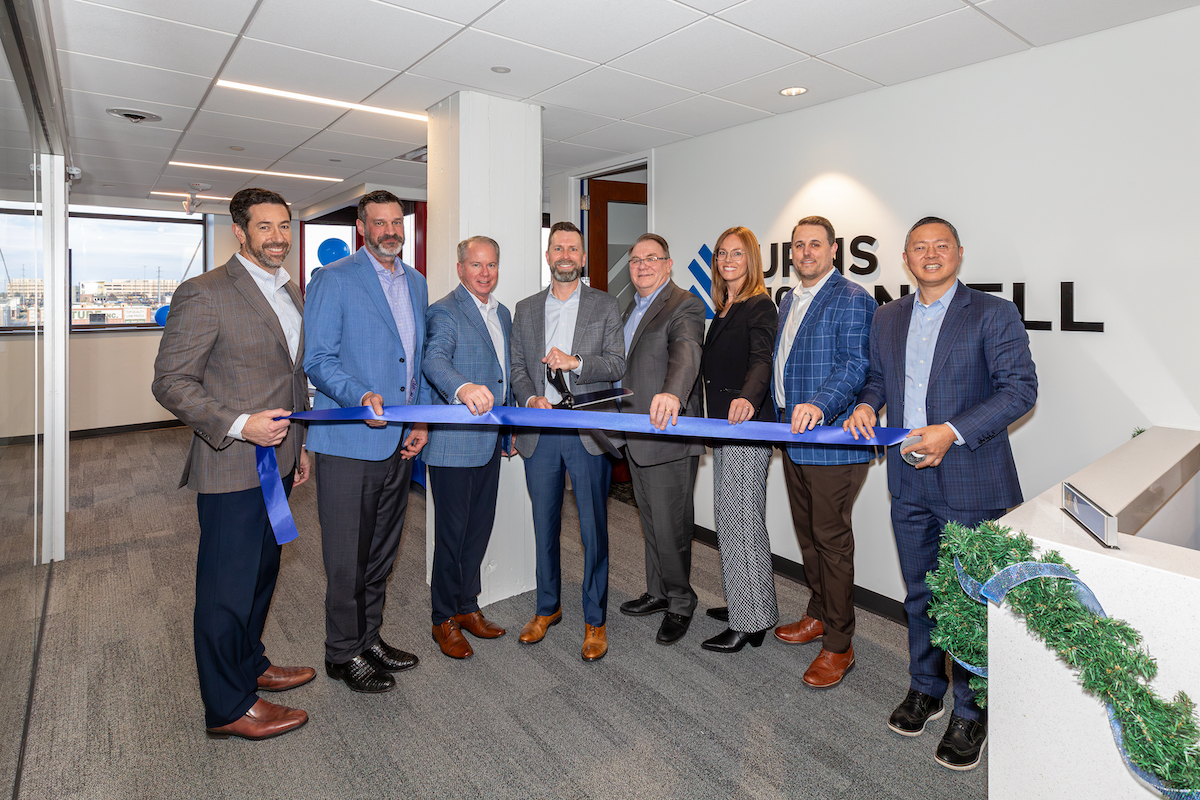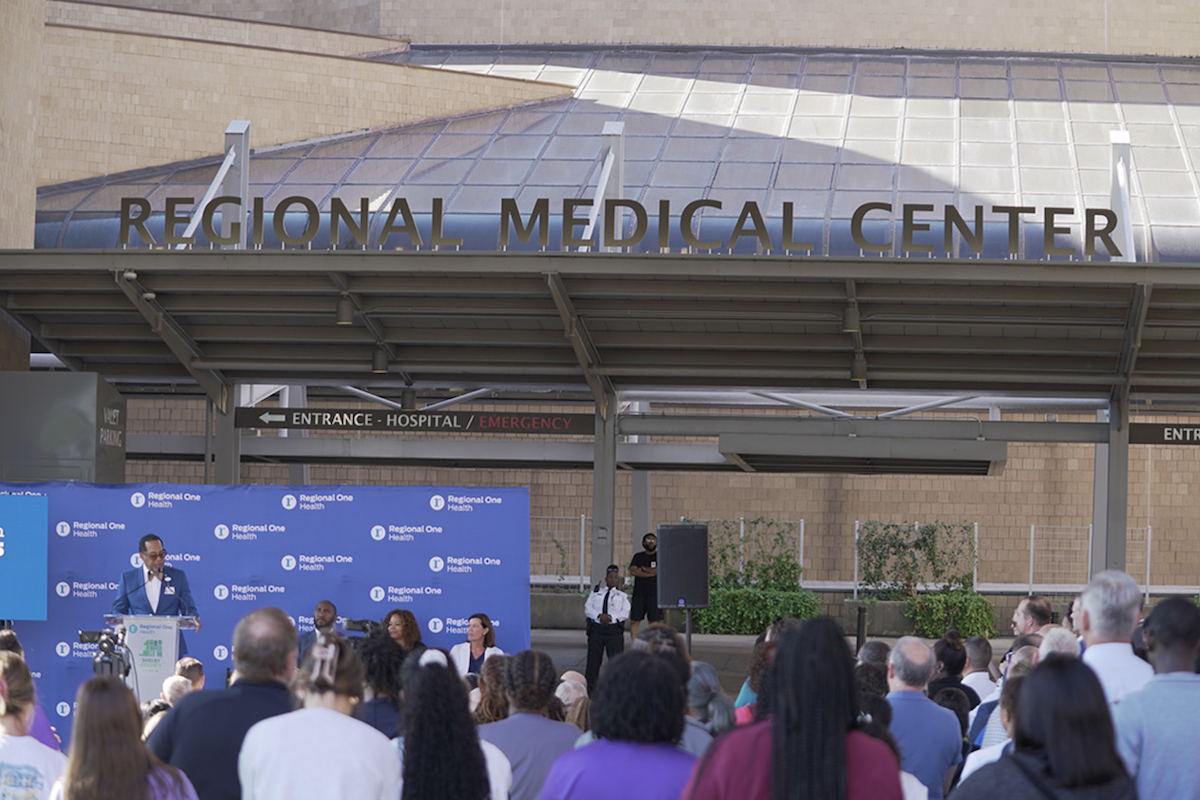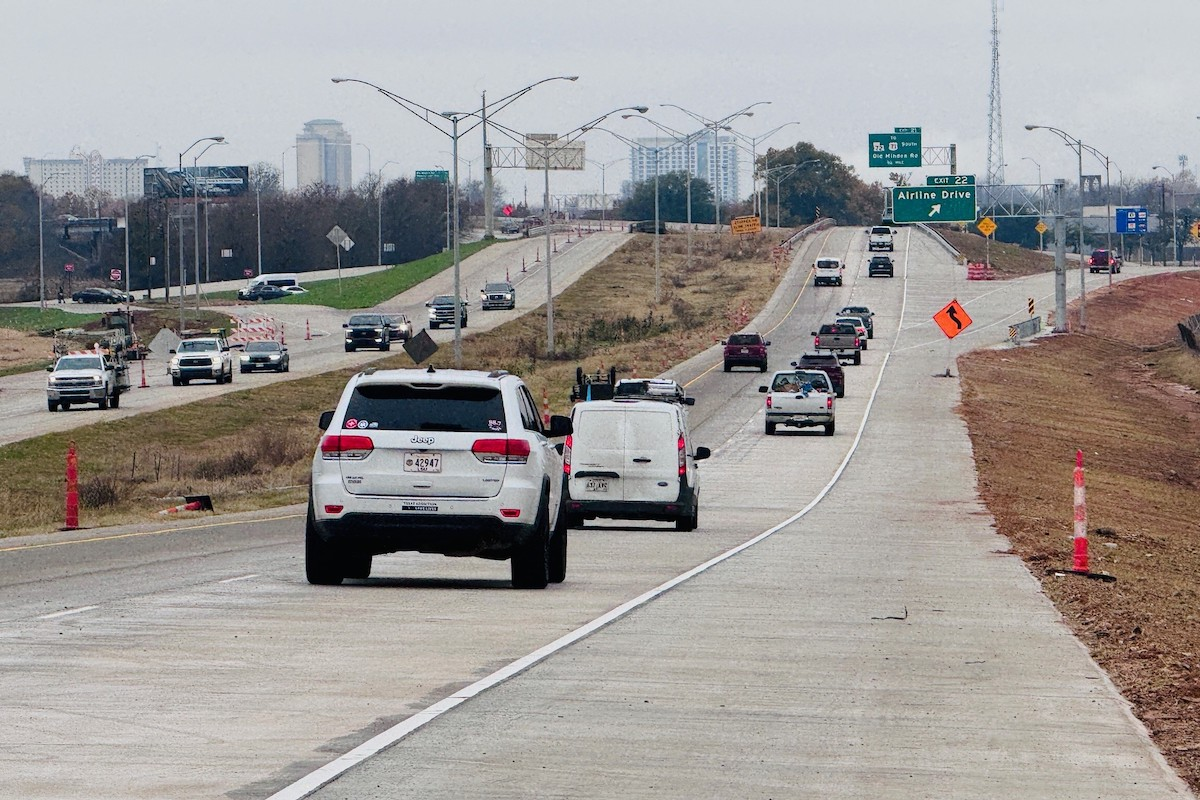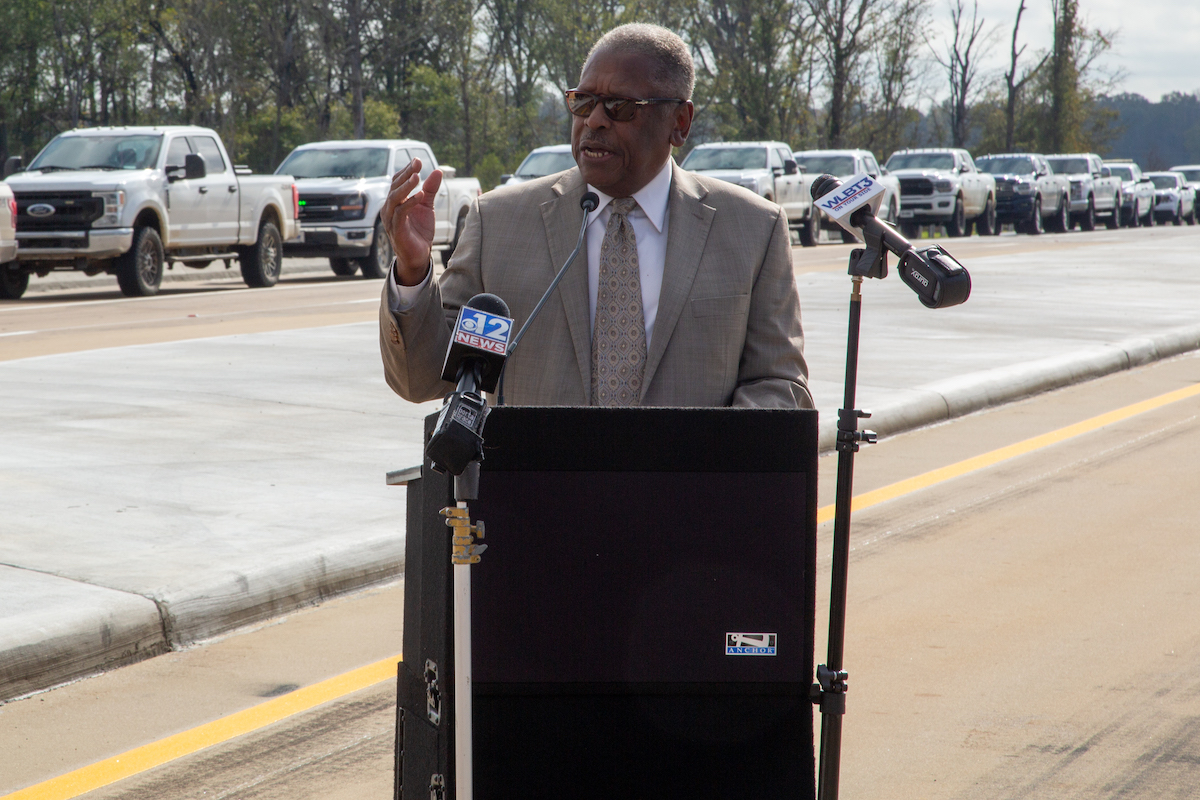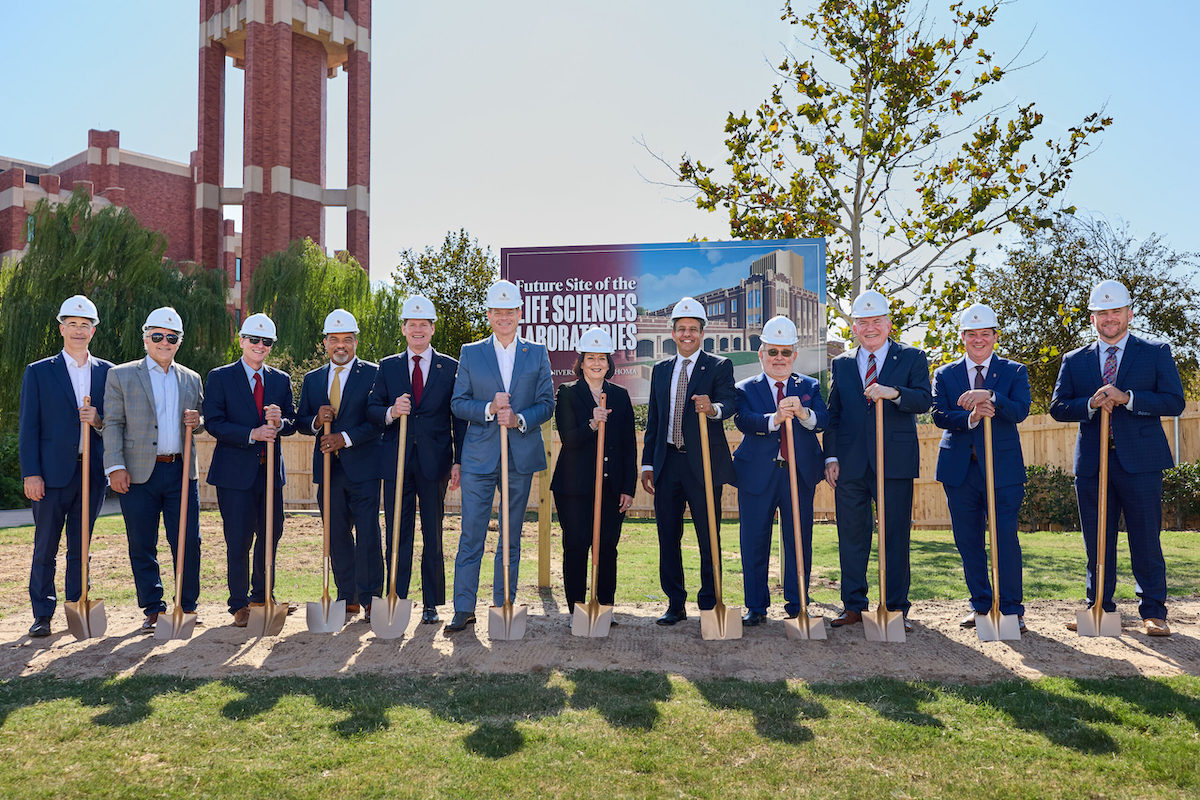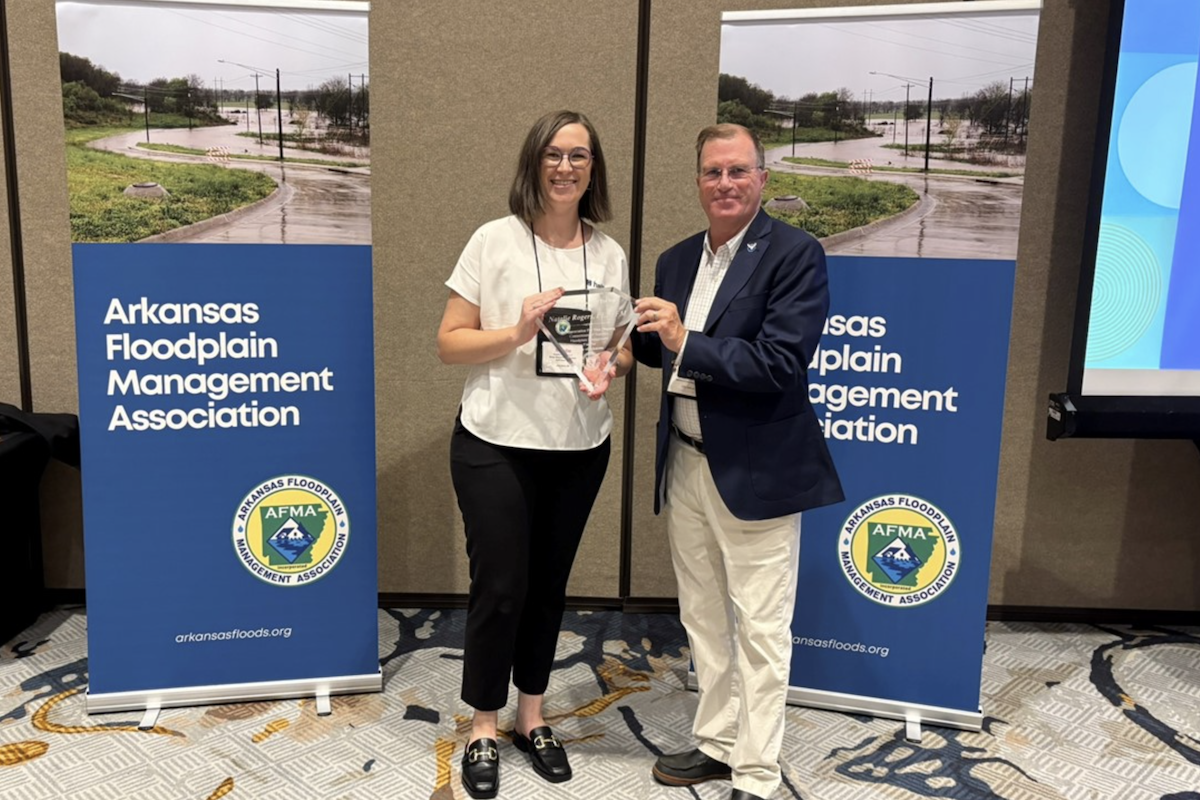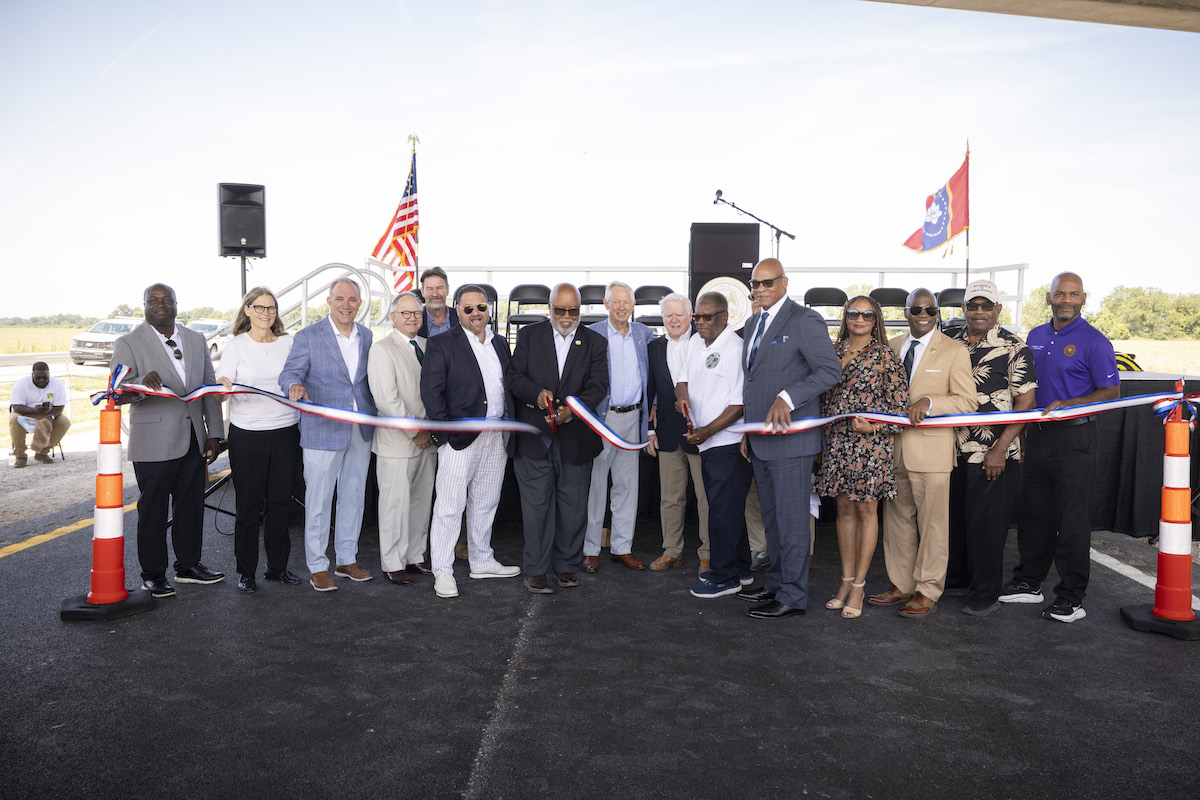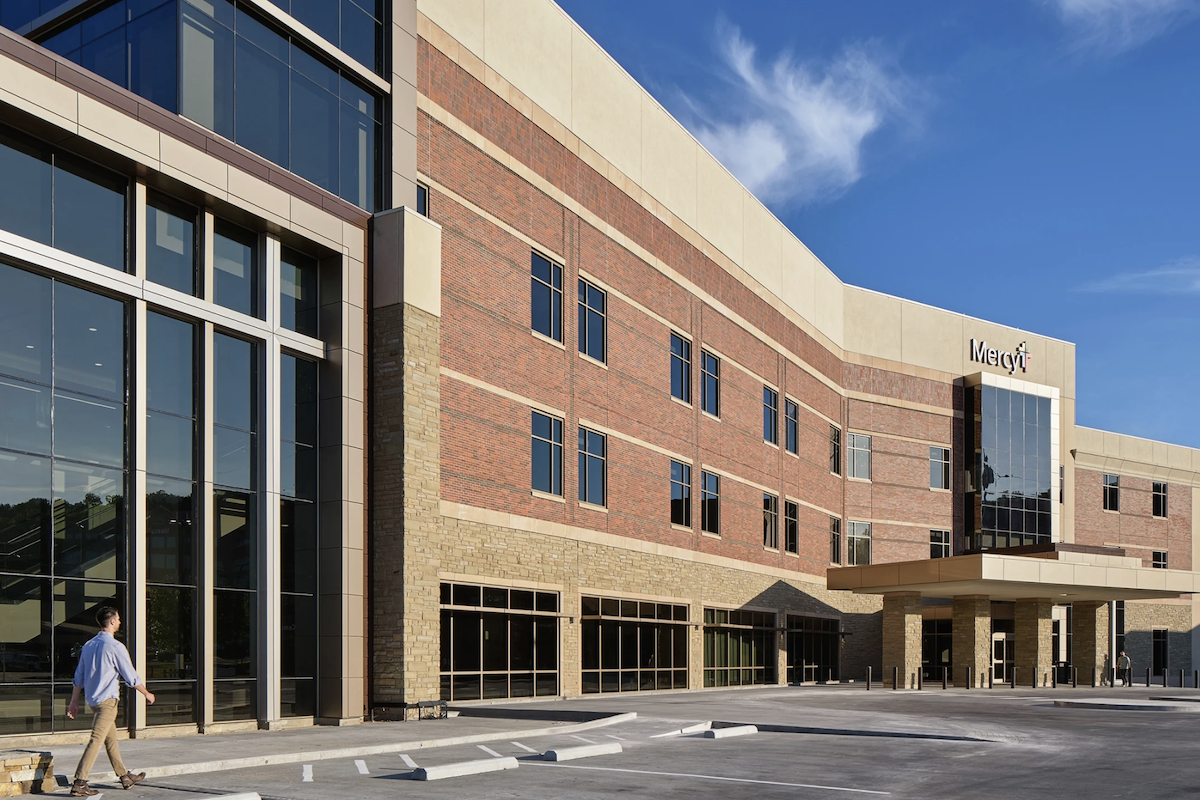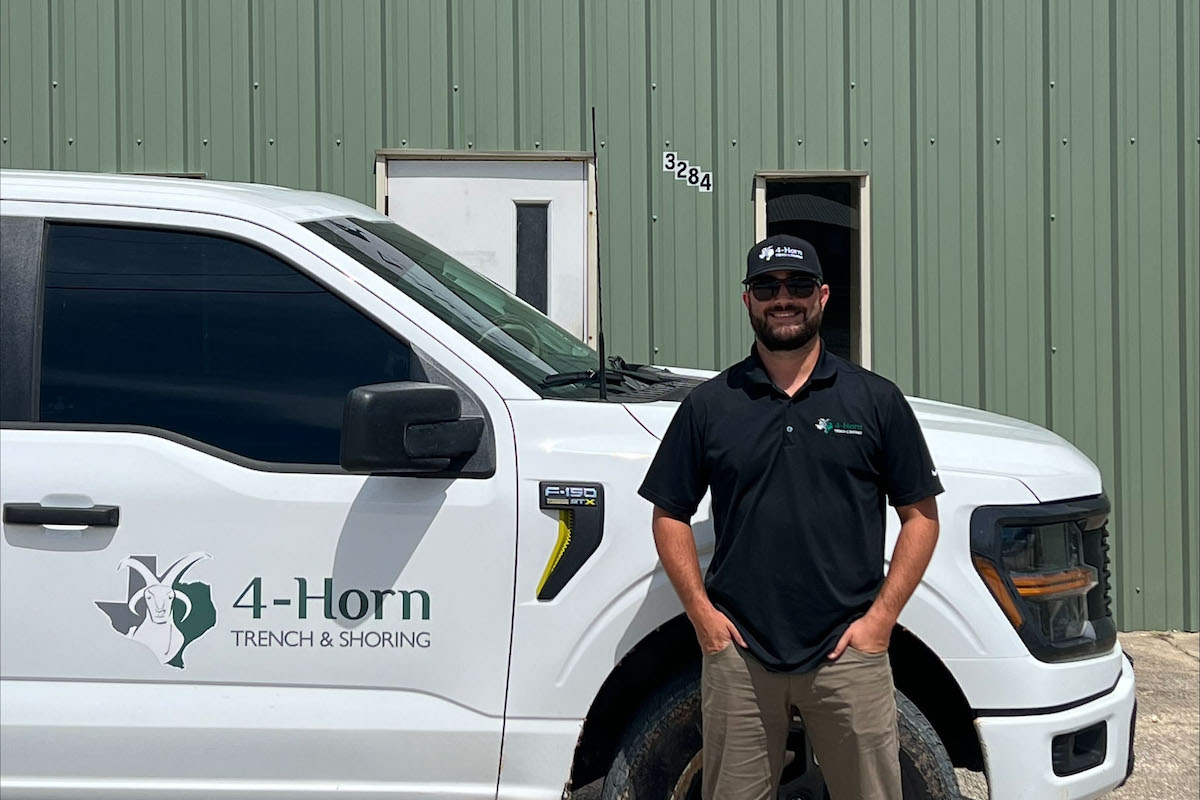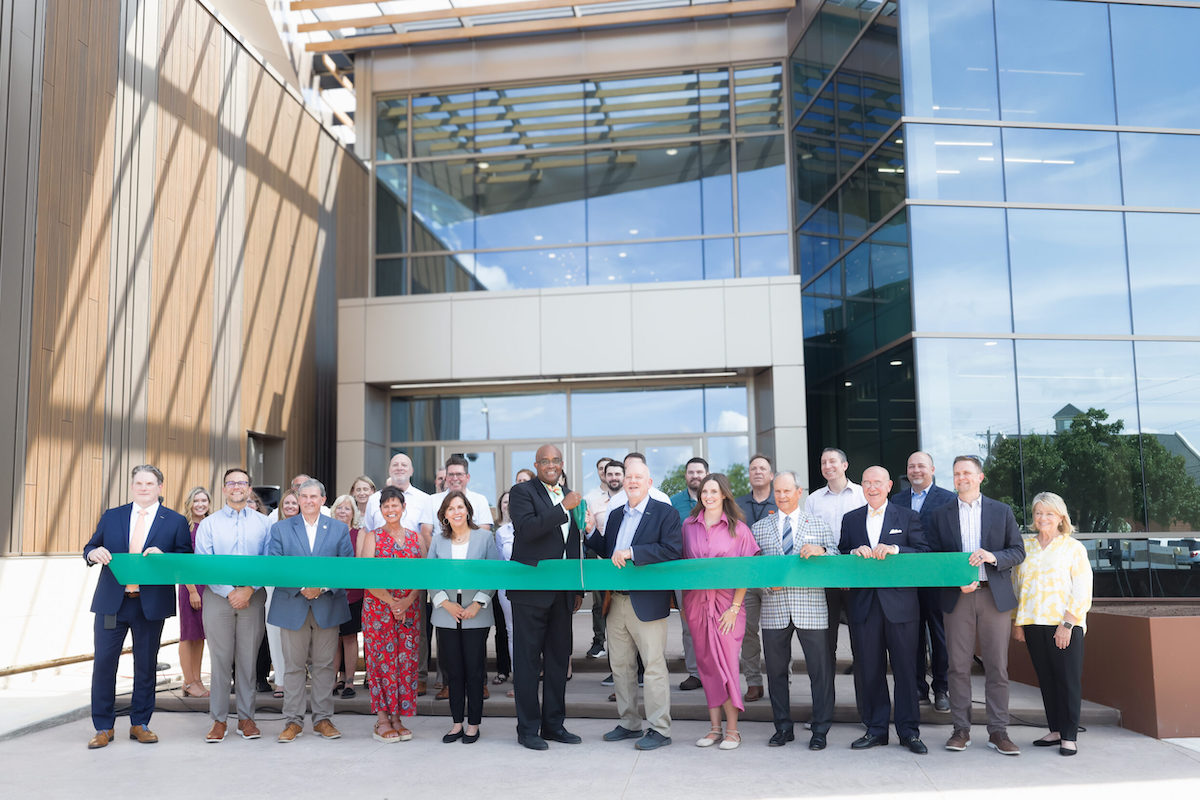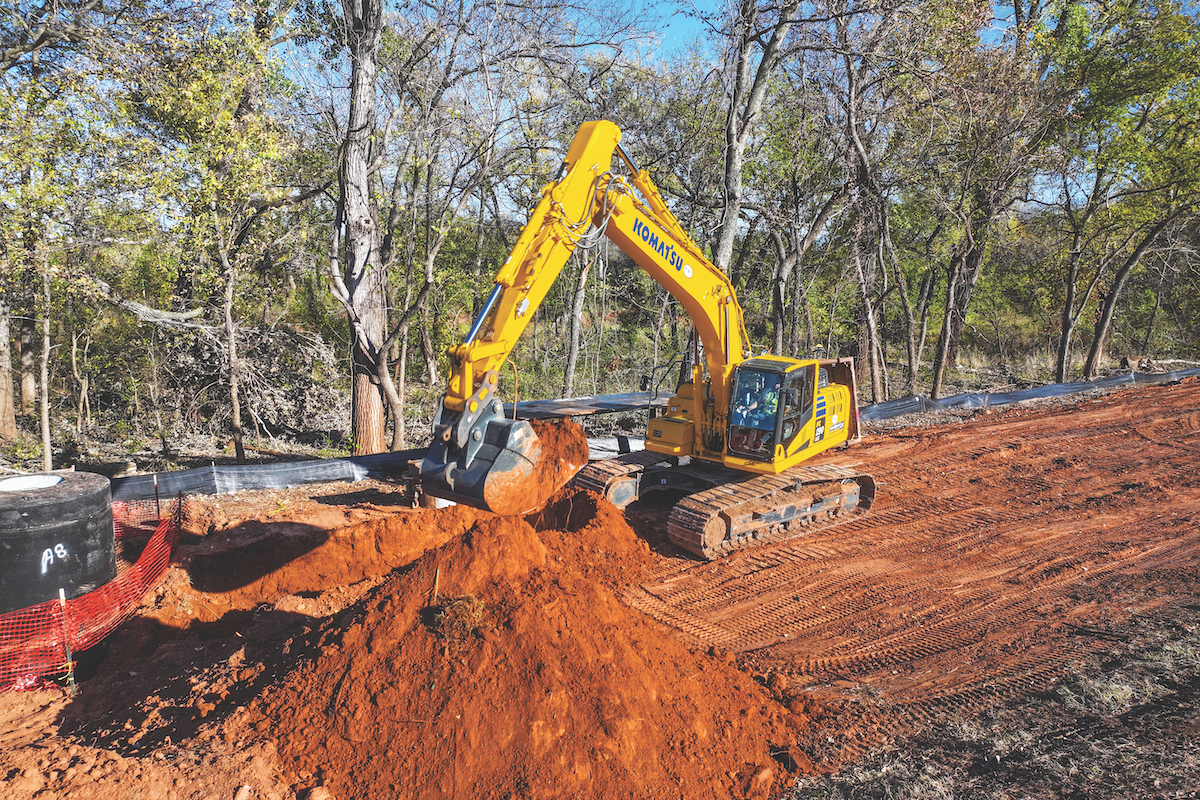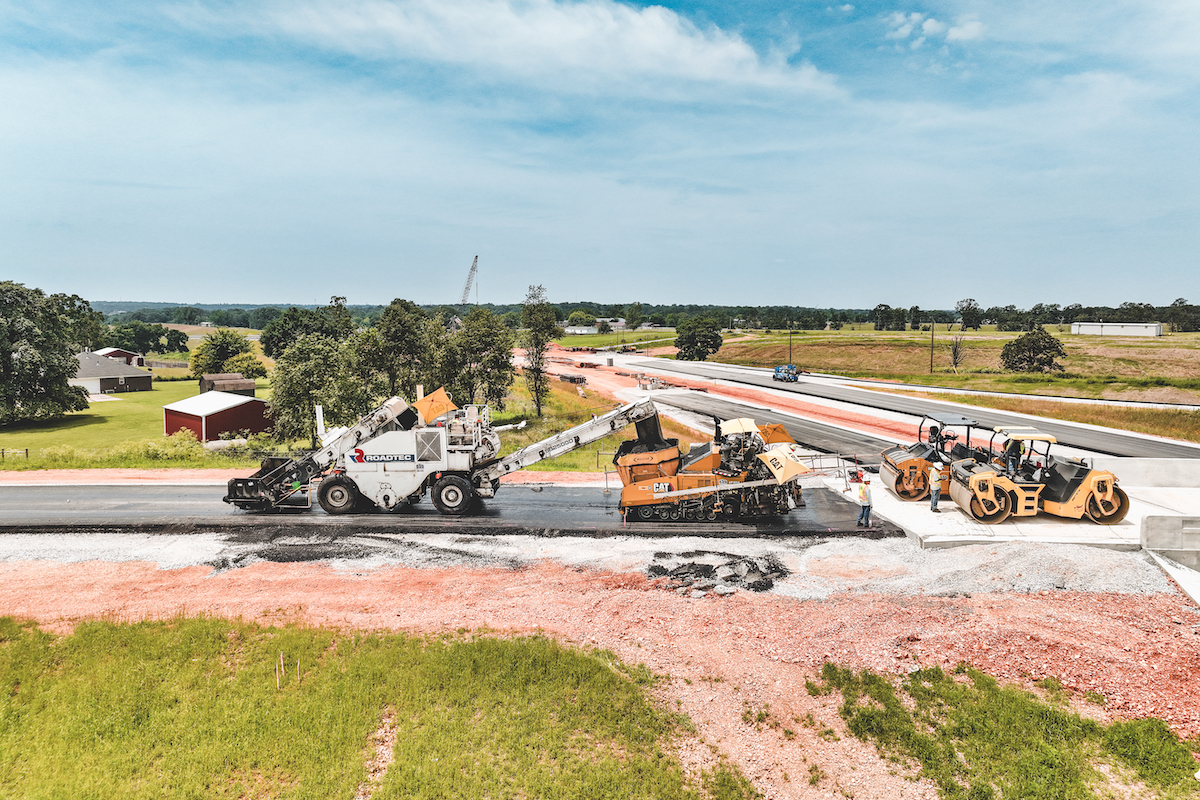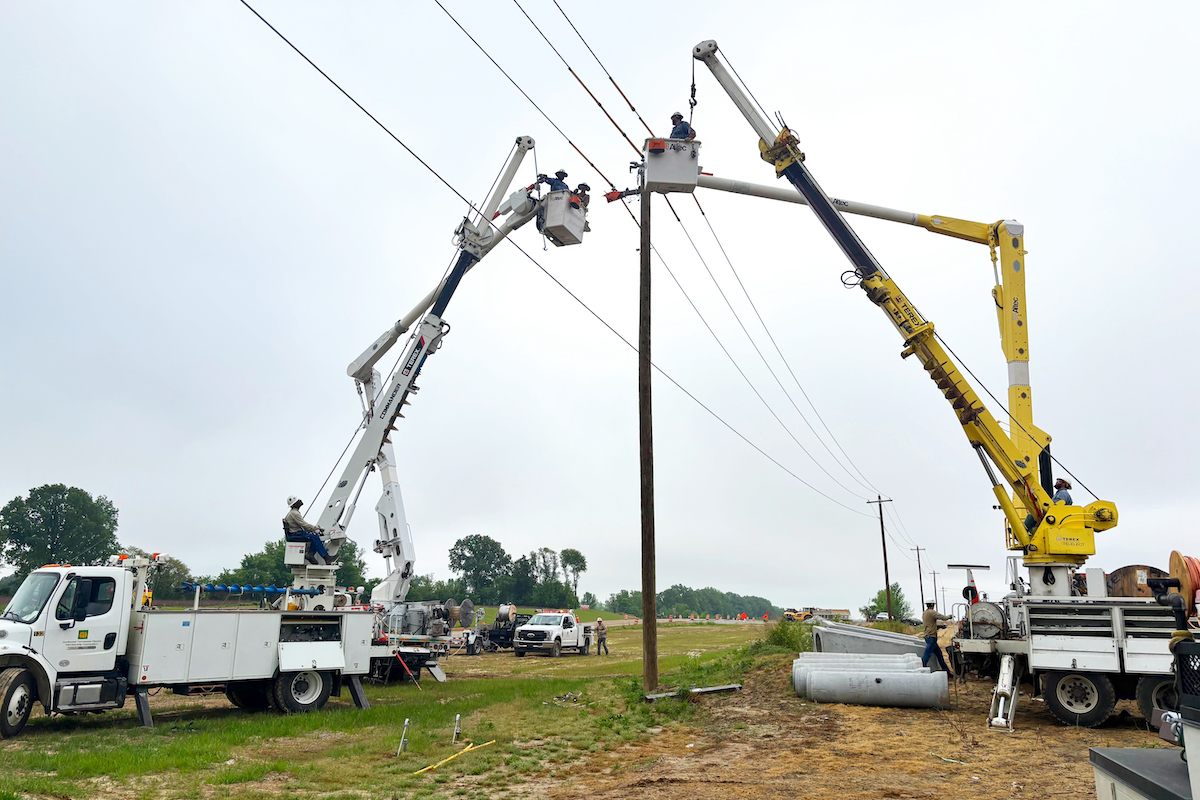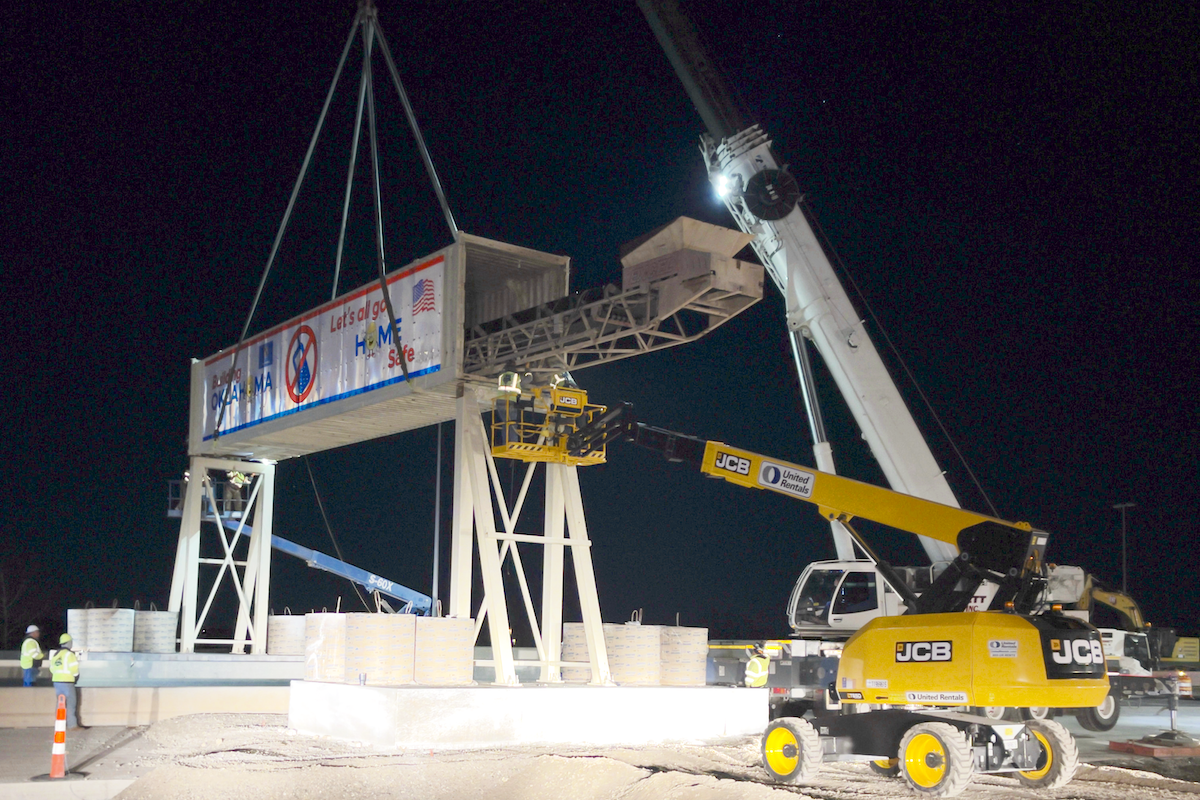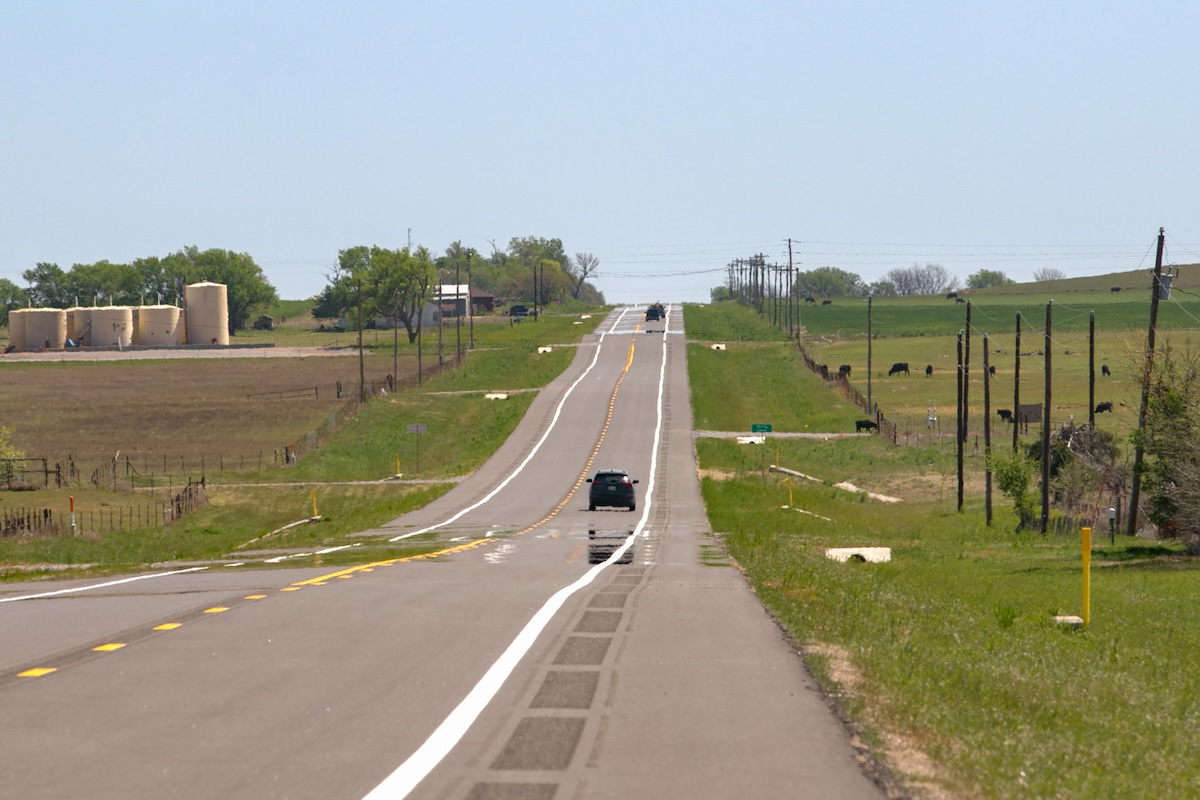The award criteria include:
- Acceptance of pavement preservation and recycling concept by elected officials, general public, employees, and industry (40%)
- Demonstration of the preservation principles by using the philosophy of the Right Treatment, on the Right Road, at the Right Time (20%)
- Use of communication techniques to keep the public notified about upcoming preservation road work in the area (10%)
- Uniqueness of the program, including documenting tangible benefits such as increased useable life of the pavement, new concepts or applications employed, reduced user delays during treatment applications, and decreased frequency of reconstruction and major rehabilitation or reconstruction (30%)
Located in central Arkansas, and with the cities of Little Rock, Sherwood, Maumelle, Jacksonville, and North Little Rock, Pulaski is the state’s most populous county. It has the highest road ratings due to its pavement management program, which utilizes cape seals to improve the county's pavement condition index (PCI).
The county’s road network is managed by its Road and Bridge Department (RBD) and includes 145 bridges and 1,300 lane miles of road. Approximately 800 lane miles of its network are rural roads with chip seal surfaces, and 500 lane miles are topped with hot mix asphalt.

| Your local Wirtgen America dealer |
|---|
| Kirby-Smith Machinery |
To ensure its system of roads remained at or above an acceptable level, Pulaski County RBD would often chip-seal roads that did not display any visible cracking.
“From truckers to senior drivers, our roads are used by everyone,” said Shane Ramsey, Pulaski County Road and Bridge Director. “We focus our efforts on understanding that by the time a road shows a distress, you are beyond the preventive point.” Still, nearly half of Pulaski County’s roads prior to 2023 were rated “fair.”
Utilizing a newly adopted PMS, the county conducted a data-driven assessment of every road. Following a year of required evaluation time, a customized network-level assessment of the county’s road network was completed in 2016, with PCI ratings assigned to each road. Utilizing this data, the RBD team began addressing the problems, in particular with cape seals, a new surfacing treatment for both the county and the state at the time.
A cape seal is a combination of treatments used to provide long-term protection of underlying road layers and a durable wearing surface. Cape seal combinations include chip seal and slurry seal systems, and, for roads exhibiting more severe mass cracking, rejuvenating scrub seal and high-polymer micro surfacing.
As of May 2023, over 50% of Pulaski County’s roads have moved from “fair” condition to “good” condition. In 2022, only 1% of the county’s roads were rated “excellent,” compared to over 15% today.
Since the project, the county’s overall network PCI rating has increased nearly 10 points, from 75.3 to 83.7, ranking its roads among the highest in the state, which the RBD credits to the implementation of cape seals in its road improvement project.
Also, taxpayer dollars were stretched further as a result of applying the cape seals. At the time of the project, the average cost of a hot mix overlay was between $185,000 and $200,000 per mile, more than twice the cost of the county’s cape seal bid.
The James B. Sorenson award is named after Jim Sorenson (1949-2009), who was Senior Construction and System Preservation Engineer at the Federal Highway Administration's Office of Asset Management, and a champion of pavement preservation at the national level.













